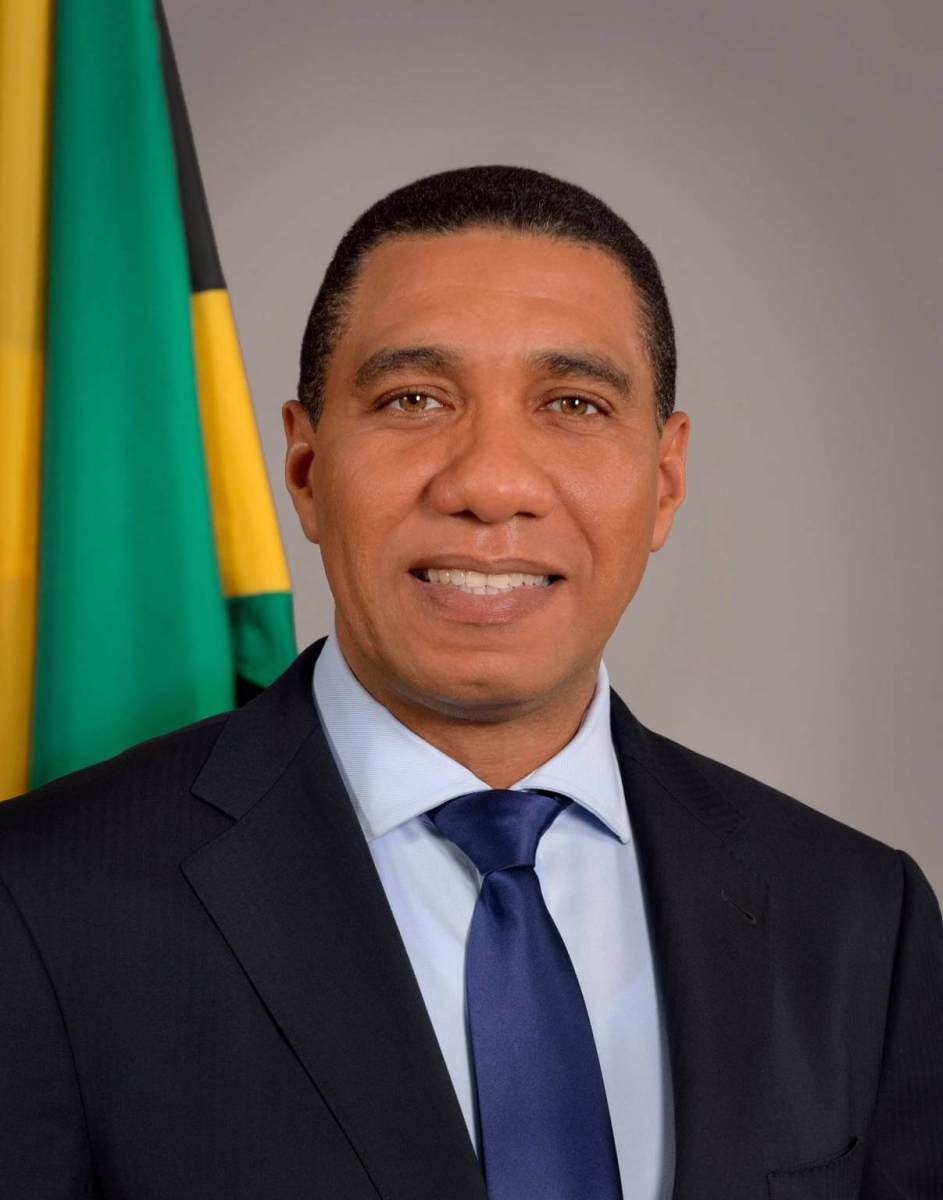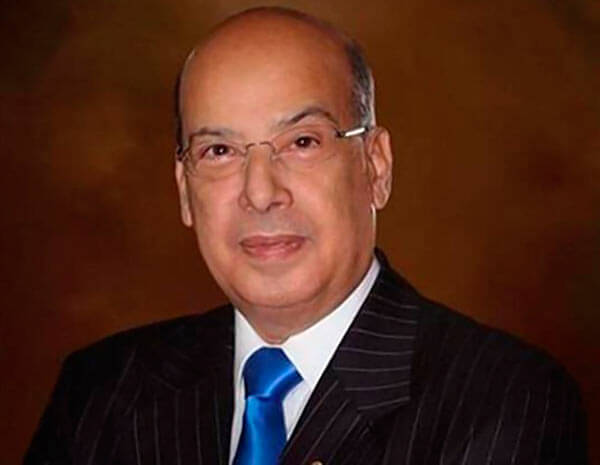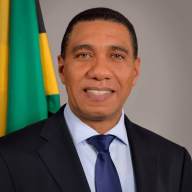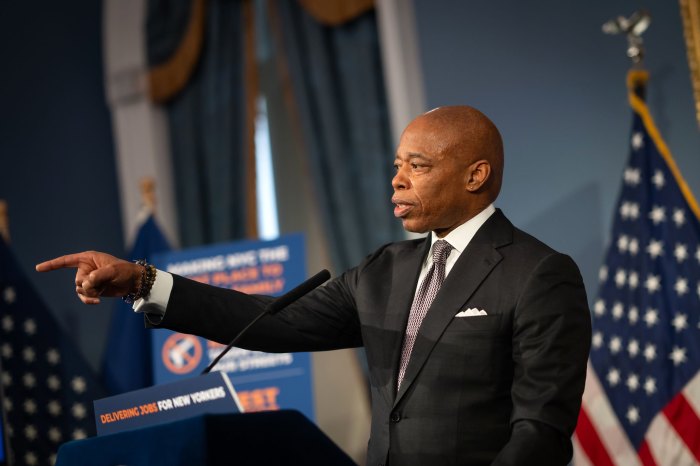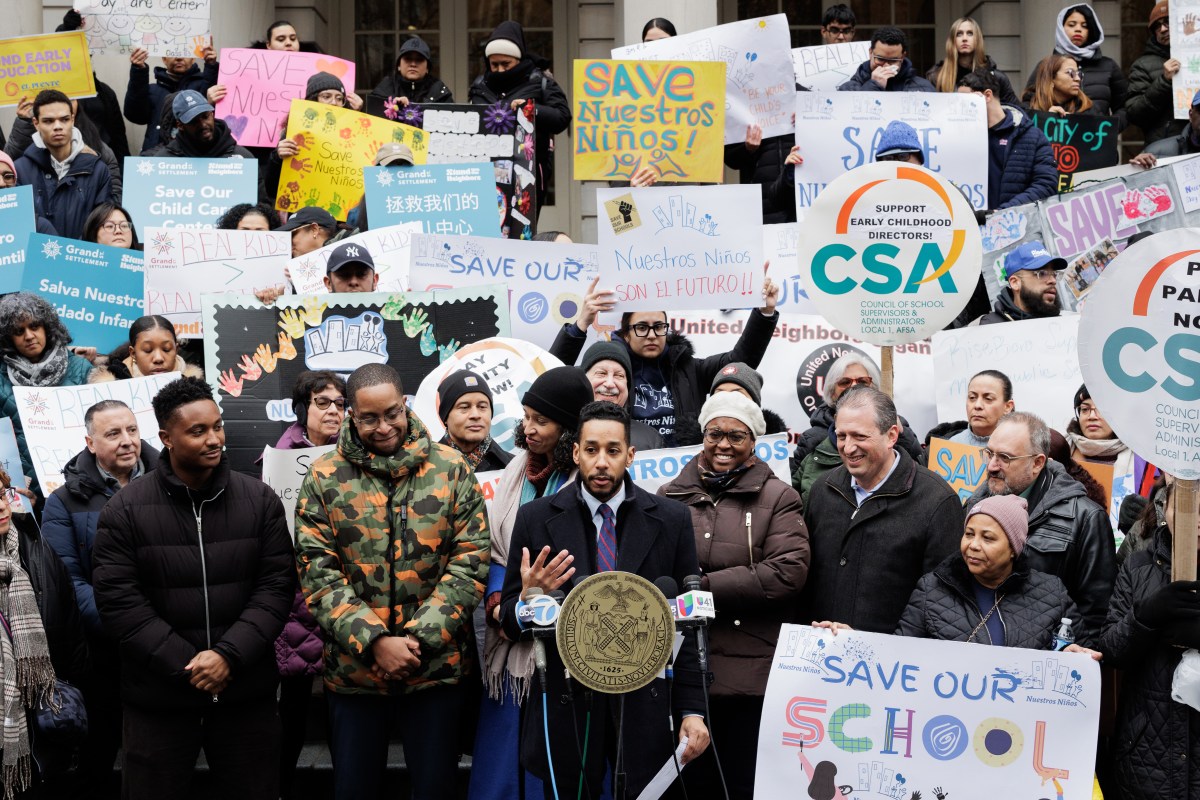It was not an original item on the plate of Caribbean Community leaders when they met in two weeks in Barbados. However, plans by the Trump administration in Washington to deport thousands of Caribbean nationals to the region in the coming months have indeed forced the hand of regional governments, officials say.
The agenda of the Feb. 19-21 meeting contains the usual recurring issues, such as the situation in Haiti, kinks in the single market free trade system, free travel in the bloc, climate change, and security issues, but deportations have now been added to the list.
Published figures appear to show that around 15,000 Caribbean nations are facing final deportation orders and are proverbially in the departure lounge awaiting flights to the 15-nation bloc.
For many governments, the prospect of absorbing such large batches of criminal deportees is disconcerting to none other than Jamaica, with the largest batch of just over 5,000. Prime Minister Andrew Holness, facing general elections later this year and trailing the main opposition party in the polls, says those with good intentions will be welcomed with open arms. At the same time, those with deviant tendencies had better fall in line as the country would be intolerant to them.
“Let me be clear to you that this is not the Jamaica that you left 10 or 20 years ago. It is not the Jamaica Constabulary Force that you left 10 or 20 years ago. You will either meet a judge or your maker if you come back to Jamaica and violate our laws and create havoc,” Holness told reporters. “Come back with a good heart and a good mind, come back willing to work, come back with your resources, you will be able to make life here, but don’t come back here to undermine and destroy what we have built.”
As expected, Jamaica tops the list of CARICOM nations with 5,120 awaiting flights, followed by Guyana with 1,236, Trinidad with 1,197, Belize with 899, and The Bahamas with 709, according to published figures. Haiti, which has thousands of benefits from temporary protective status, is not included in this particular list as it is being treated differently by the Trump administration.
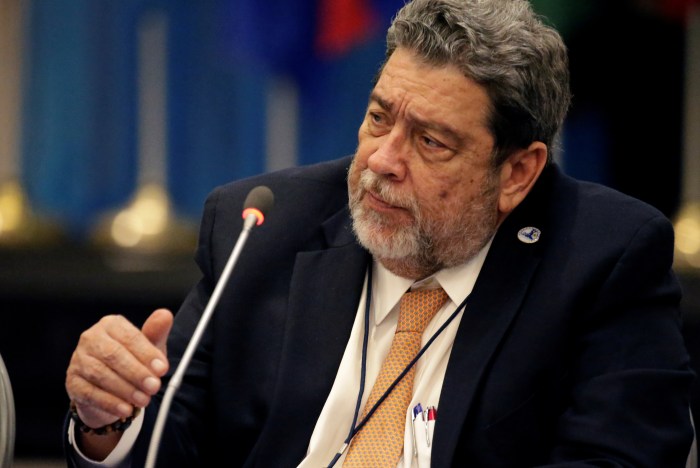
As Holness issued the warning, PM Ralph Gonsalves suggested that the issue is big enough to make the agenda in Barbados.
“Of course, heads and other officials are communicating with one another on this particular subject, naturally. You’ll be silly not to be communicating and either at the political level, or both cases at the level of officials who would have to administer any particular matter arising from any possible deportation,” PM Gonsalves said.
Like other governments, Gonsalves wants the deportation flights and the process dignified. It would also help if governments had short biographical information on deported nationals to make it easier for authorities to deal with them
“You may deport somebody, let’s say somebody who is in jail for burglary. They finish their sentence, or even if you commute their sentence for deportation, you send them home. All the information we have is that John Brown was serving five years for burglary, armed robbery, or whatever it is. However, we do not know the history of this person, how long that person was in the United States of America, his or her skills, educational attainment, what is his or her criminal record. We have not received anything formal about that.”
Just last week, the first batch of 56 deportees to Jamaica arrived on the island, fueling speculation that these were part of the new US policy on deportees. However, Foreign Minister Kamina Johnson Smith was forced to remind citizens that that batch was part of the regular, routine monthly repatriation of Jamaicans from US prisons. Of the 56, four were convicted murderers. She said preparations are being made in earnest for any large group of arrivals in the coming weeks.
“While new immigration enforcement measures will result in an increased number of Jamaicans being repatriated, there are several processes involved. The government of Jamaica is actively monitoring the situation and will continue our historically close engagement with US authorities. We also wish to make clear that Jamaica, like most, if not all, countries, has international obligations requiring us to accept the return of our citizens who are subject to deportation. As a responsible member of the international community and a respectful bilateral partner, we have always honored these obligations with appropriate attention to due process and human rights, as do other nations regarding the repatriation of foreign nationals who have violated our laws in Jamaica,” Johnson Smith added.


